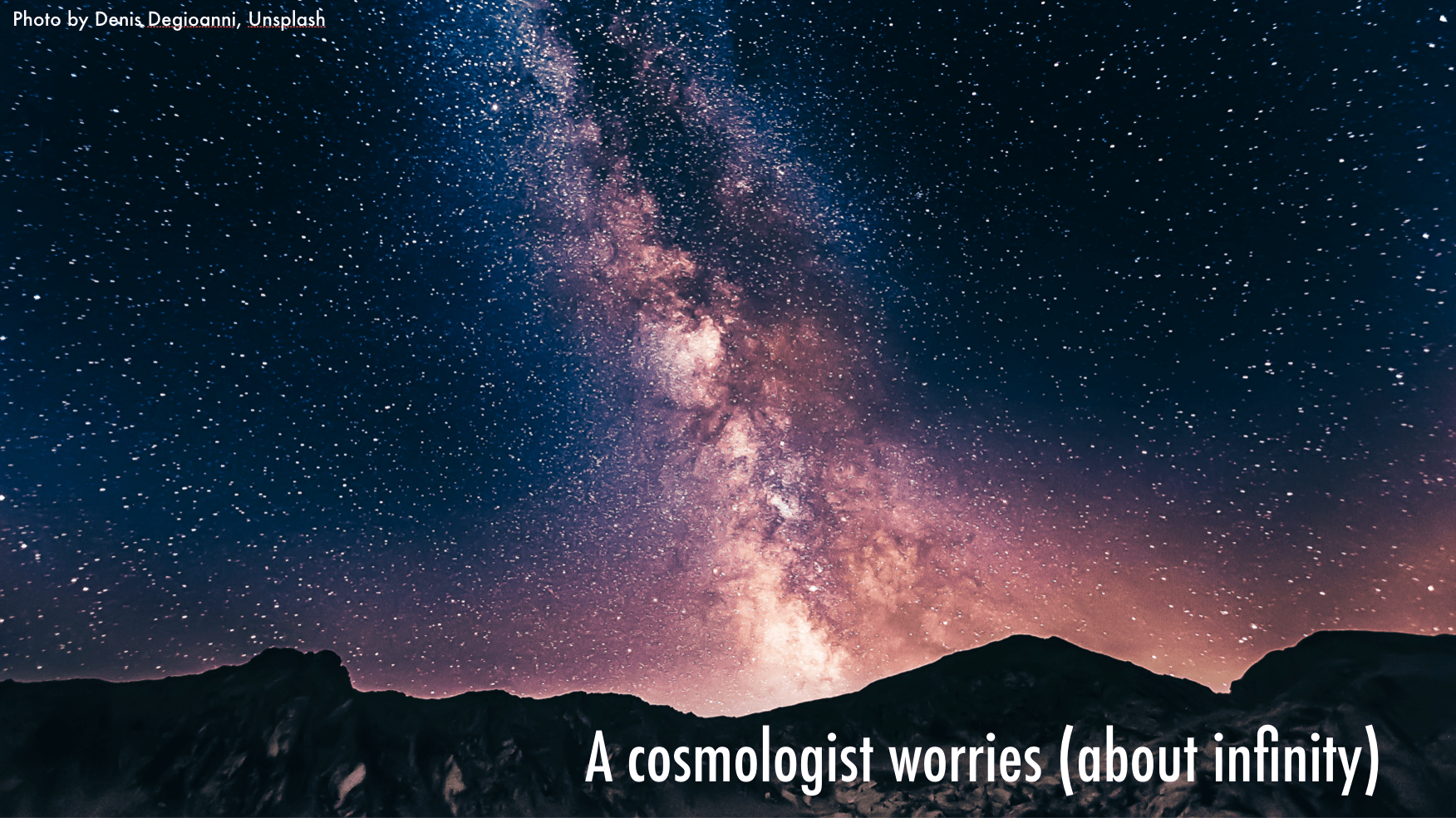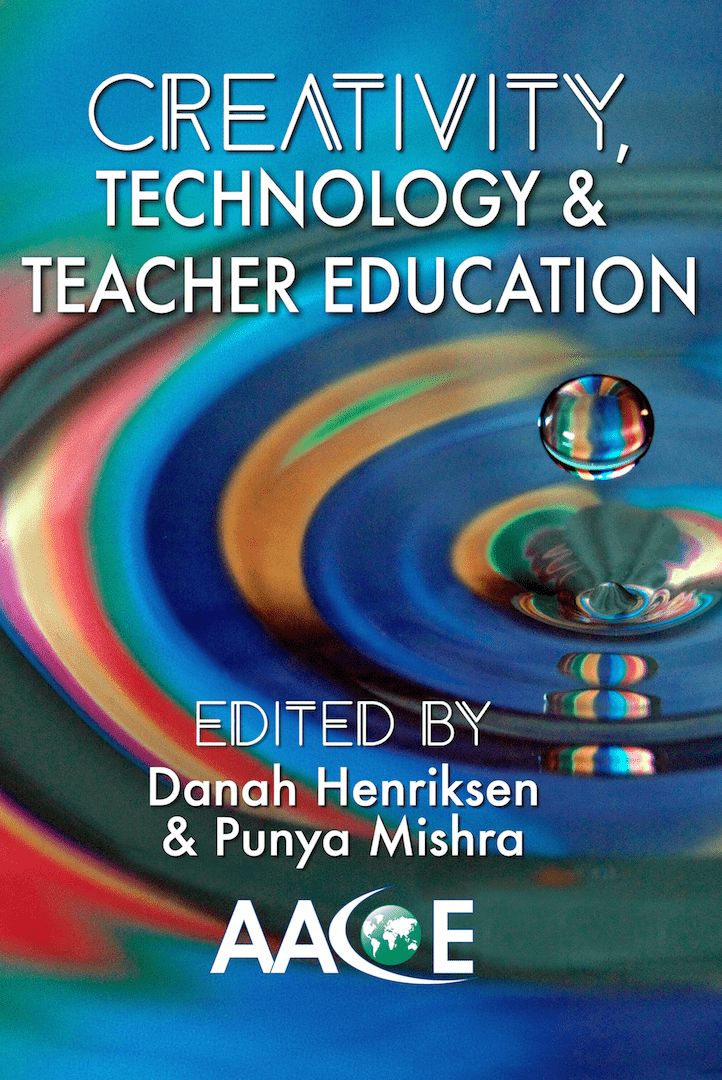One who knows and knows he knows is a wise man, Follow Him
One who knows and knows not he knows is asleep, Awaken him
One who knows not and knows he knows not is a child, Teach him
One who knows not and knows not he knows not is a Fool, Avoid him.
— Attributed variously to Confucius, Socrates and others
I was reminded of this quote while reading an article by Ken Friedman titled, Design Science and Design Education and came across a section that described a view of learning. Friedman describes a framework on going from incompetence in a domain to mastery in the same domain. More specifically, Skoe talks of this process as having four key stages. These four stages are: unconscious incompetence, conscious incompetence, conscious competence, unconscious competence. Here is Friedman:
In unconscious incompetence, the learner — that is, the neophyte or apprentice — doesn’t know that he [sic] doesn’t have the skills or knowledge he requires to address a task properly. Conscious incompetence is a valuable and important step. It entails the recognition of missing skills and the need to learn. Conscious competence moves through the long, and sometimes painful learning process, awkward at first, with increasing skill later, but requiring conscious effort at all stages. Skoe’s special contribution is the articulate recognition of the emotional factors that accompany the different stages of progress. He notes the danger points where awkwardness and frustration lead to reversals, those moments when students turn back to the comfort and security of earlier stages.
At every stage along the path from unconscious incompetence to unconscious competence, the task of teaching is the task of helping learners to identify and articulate the issues and tasks they face, intellectual and academic, personal and professional. That progress moves them from immaturity to maturity, from dependent engagement to independent knowledge. The special role of the teacher in this work is shaping the context for growth. This is the core of the teaching task. Individual research and personal expertise form a necessary background for teaching, but the activity of teaching itself primarily involves guiding the student along the road to knowledge.
Let me begin with one aspect that bothered me somewhat before going onto what I liked. My concern was with the last stage of the process, i.e. the idea of unconscious competence. Firstly, I wonder if anybody really ever reaches this stage? Secondly, and more importantly, whether it is even right to see this stage as being the ultimate goal. If something becomes unconscious, does that not mean that we have now ceased to learn (or at least to realize that there are things that we still need to learn). Now performance in any complex task (say teaching) requires many different kinds of knowledge. Some of them are skills oriented – and I can see this four stage process as being quite applicable to such skill based learning goals. However, being reflective (and thus conscious) is of critical importance in other areas of complex performance and this four stage process may not be appropriate for tasks that require different kinds of knowledge. For instance, knowing how to manage a classroom or how to use specific technologies can be seen as a skill based performance that would go through these stages. However, the performance of actually being in front of a group of students and conducting a lesson, though dependent on these skills requires more. It requires a sense of “being there” and also “watching yourself” which if far from unconscious.
I am reminded of my daughter describing a recent dance performance she was practicing for. She described this as having “two parts to her brain.” One part focuses on the moment, the music and the rhythm, and sort of goes with the flow. This part becomes automatic with practice – unconscious competence. The other part however, monitors and observes the first. It checks out the other dancers, their moves, and focuses on keeping track of what came next. This part is in some sense the opposite of unconscious – it is if anything, hyper-conscious. I have found that I have a similar bifurcation of experience when I am making presentations (particularly ones where slides are synched to my talking as in the SITE keynote). A part of me is going through the moves, because I have practiced them and the words flow effortlessly. There is another part though that is processing all this, looking at the next slide coming up, monitoring the audience, tweaking the sentence that is to come next to make it fit what comes next and what this specific audience seems to be responding to. I have found that the days I am tired (or unwell) the part that fails me is the second one. In such situations I end up giving a performance, that to me, is shallow and repetitive and uninteresting. On days I am in flow, I go beyond the structure I had planned, surprising often myself with what I say in the spur of the moment. This is not to say the structure is not required, in fact I argue it is the structure and practice, unconscious competence, that allows me to rise above the material as it were.
This criticism apart I loved the part in the second paragraph about the role of the teacher. The idea that the teacher shapes the context for growth by guiding the student along the path to knowledge! How apt and profound is that.
Finally I was impressed by Skoe’s identification of the first two stages, which led to the initial quote that lead this entry. The first two stages are unconscious incompetence and conscious incompetence. Both are incompetent but what a difference there is between the two. One is unaware of their deficits while the other is acutely aware of them. It is this difference, this awareness of ignorance that can be a key motivator, can position a learner to seek new experiences and knowledge.
And of course, who can forget the great Zen master and his ruminations on knowledge and ignorance. I speak of no other than Donald Rumsfeld former secretary of defense. One of his famous quotes is:
There are known knowns. These are things we know that we know. There are known unknowns. That is to say, there are things that we now know we don’t know. But there are also unknown unknowns. These are things we do not know we don’t know.




Suzy, as all good questions, this one is hard to answer. Part of the problem of course is that the T in TPACK is a moving target. So what would be competence in 1998 is not so in 2004 and not so in 2009. Now, if you truly buy into the TPACK idea things get even more messy since CT and PT, and of course TPACK also start shifting beneath one’s feet (conceptually speaking). And of course there is the larger circle of “context” to consider as well.
So to fix up stages, we need to measure and the measurement choices become either becoming tied to one moment in time which is too narrow, or thinking more of dispositions (openness to experimentation, willing to take risk etc.) which become too broad.
Moreover, I am not sure (having not read the Skoe article) just how empirically driven these 4 stages are. They do make commonsense sense but I really need to find out more.
That said, I think that we can take a stab at developing what each of these stages mean with respect to TPACK. Here’s a first stab:
Unconscious incompetence: Teacher is not aware of the interplay between T, P and C. Does not know that they do not know or think given that they went through school they know all that there is to know about teaching with / without technology. This may be coorelated with a lack of knowledge of all three (either individually or together).
Conscious incompetence: Realizes that teaching is the complex interplay between T, P & C but unsure as to how to go about it. Does not have the cognitive or instrumental toolkit to do much. This may also be coorelated with lack of knowledge of T, P & C (individually or together) though there may be individual bases that are well developed.
Conscious competence: Has developed an understanding of T, P and C and the relationship between them. Is thoughtful in approaching teaching tasks and questions solutions to see if all three knowledge bases are integrated with each other.
Unconscious competence: This is the one that I am least sure of because I don’t know if this even exists… part of the reason for my blog post. I think about these things a lot and I see myself at stage 3 (above). I can see this as being valuable in each of the knowledge areas individually (so one can be UC in Content, or Technology or Pedagogy) but I am not sure they would work as well taken together. The point is that the larger circle of context plays a critical role.
Just some thoughts. Would love to hear what you think…
Maybe there is a short article here for CITE journal? Wanna take a stab?
So, my question – one that has been lingering for quite some time – is, are the stages of competence in TPACK? Can one exhibit novice levels of TPACK that are different from TCK or TPK? I think these stages do exist, but how to demonstrate it?